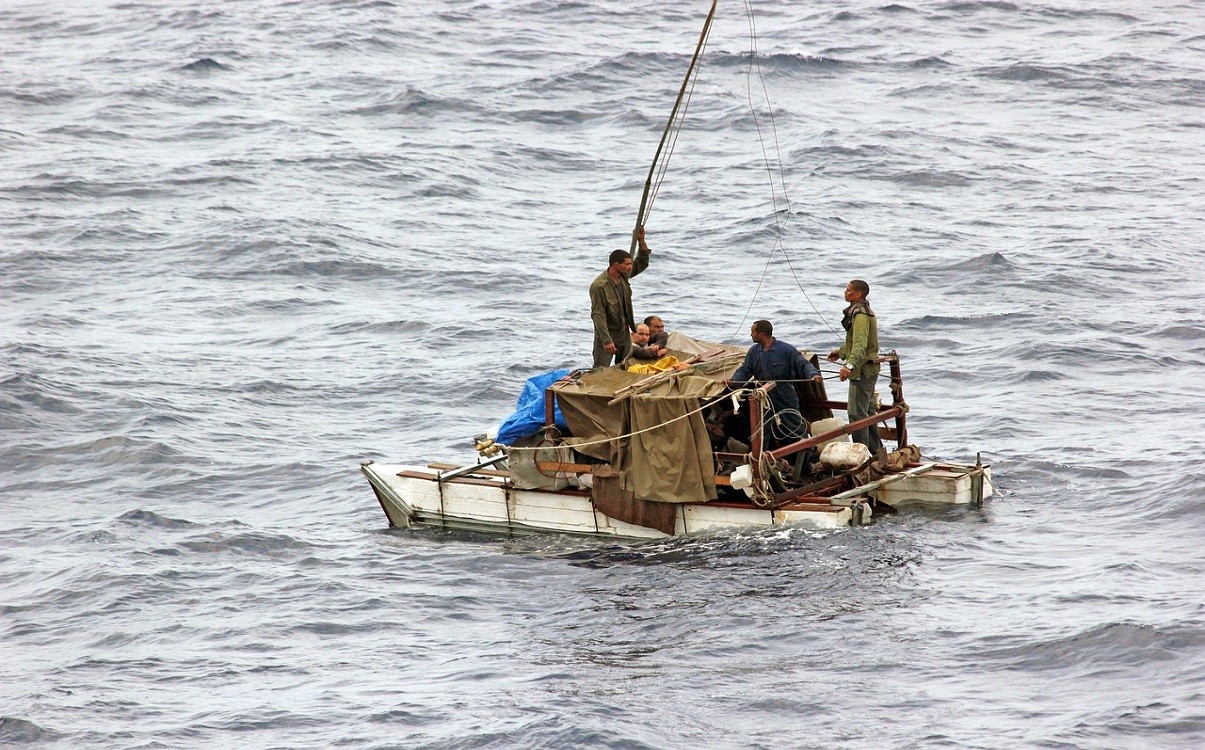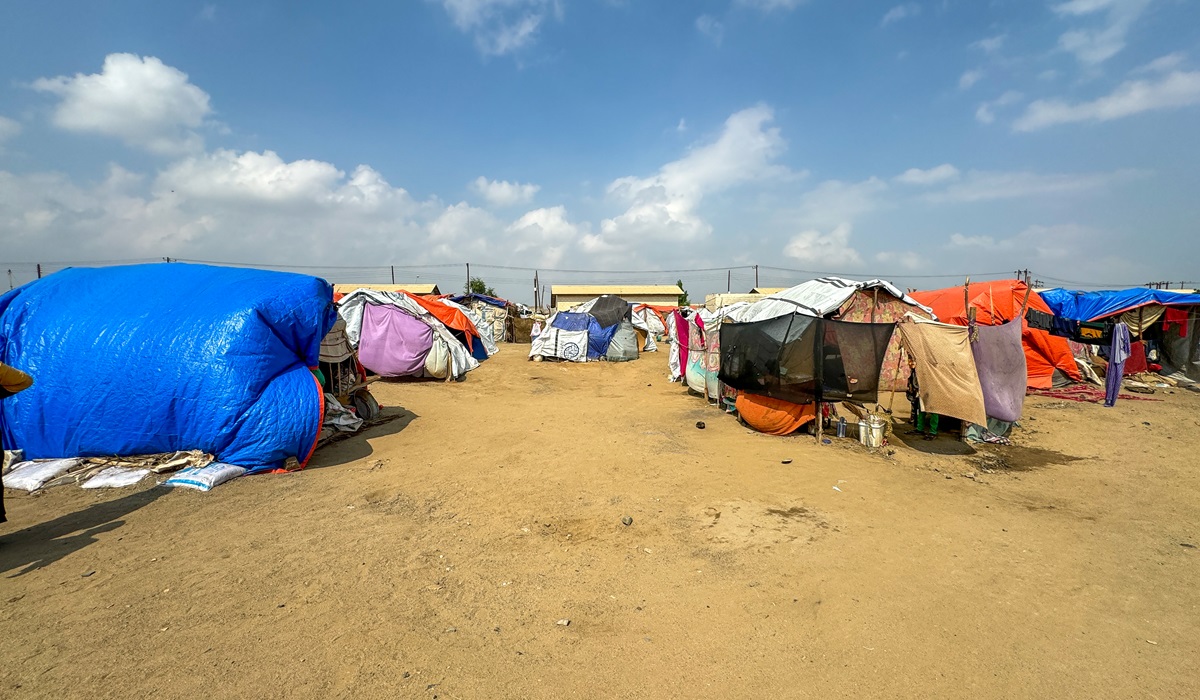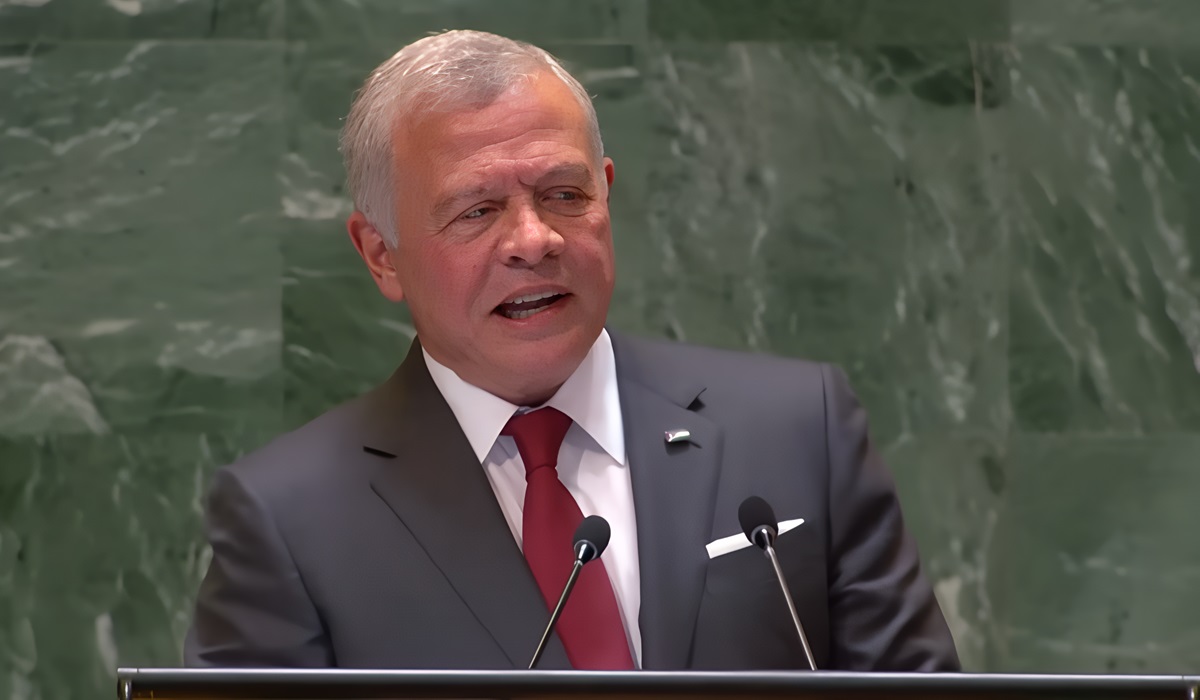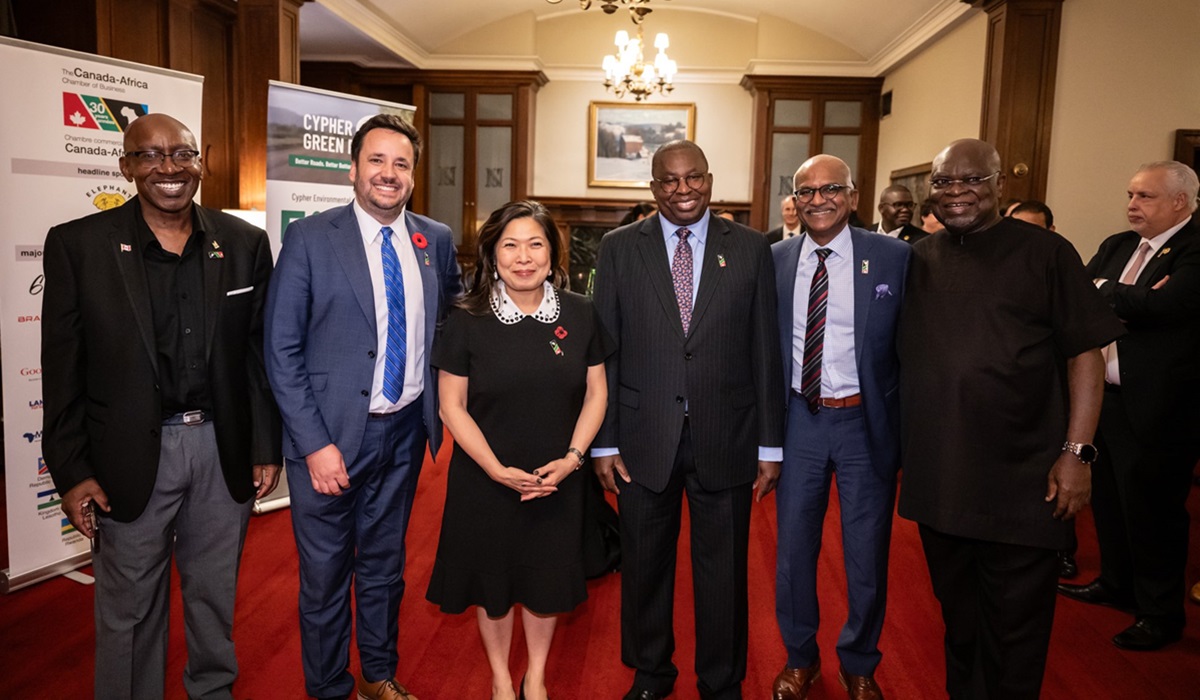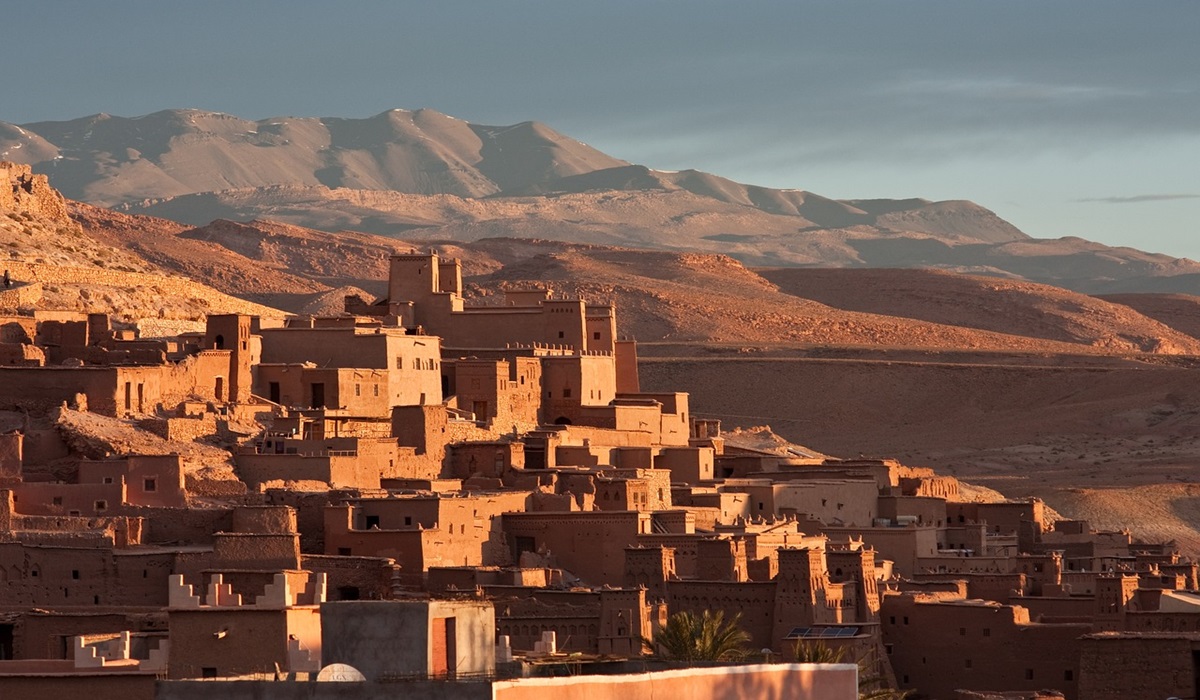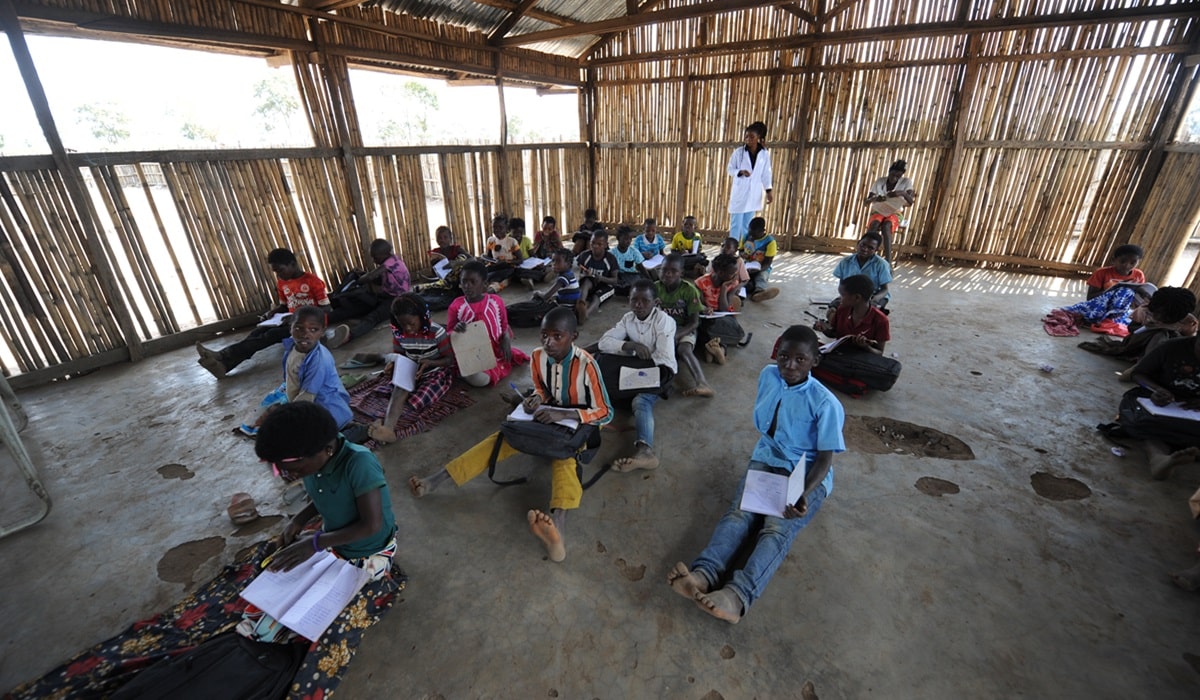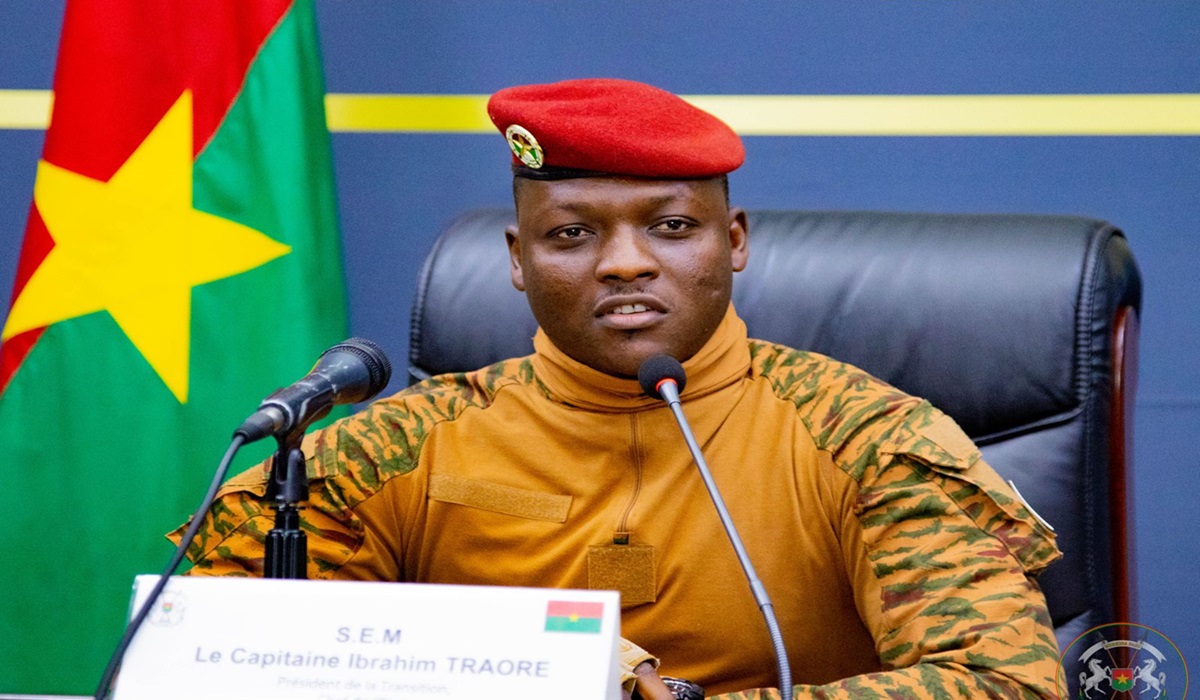UNHCR global estimates indicate that millions of people are trafficked worldwide
With COVID-19 increasing needs and vulnerabilities of refugees and internally displaced and stateless people, UNHCR, the UN Refugee Agency, is concerned that the impacts of the pandemic are also heightening their risks to trafficking and exploitation.
COVID-19-related impacts ranging from movement restrictions to the closure or reduced availability of essential help and support services may confine many victims
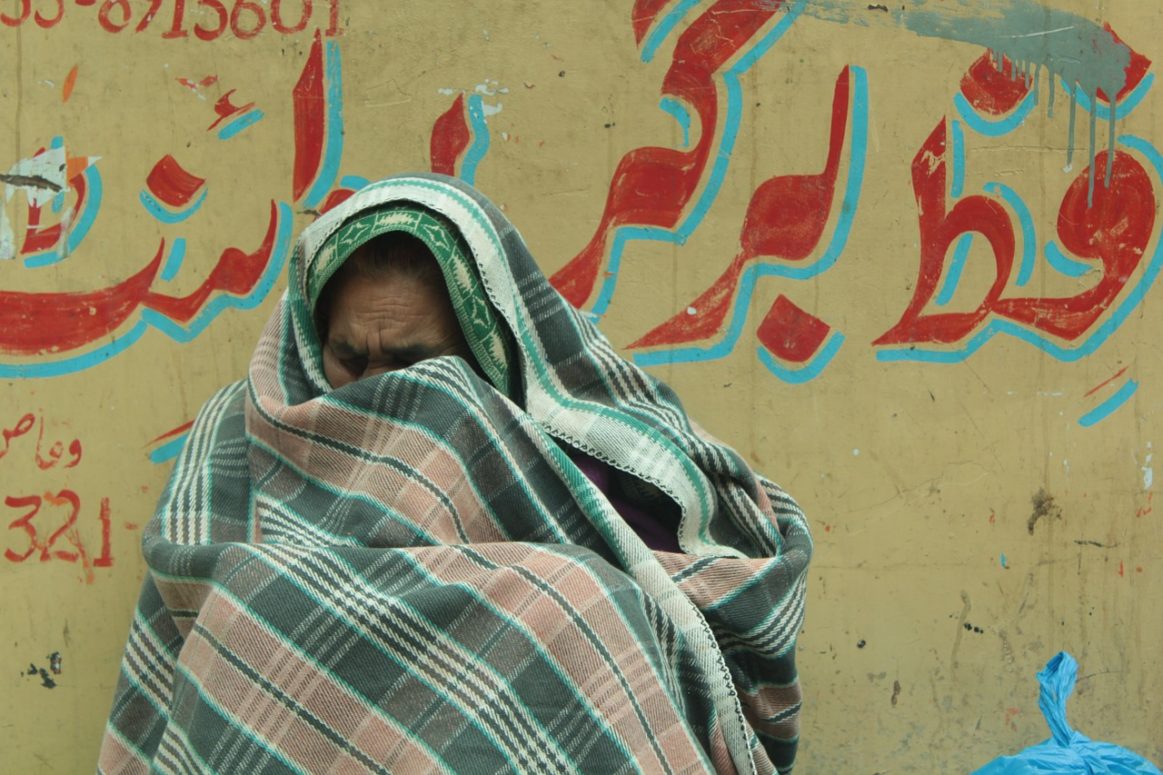
“Enforced measures to control the pandemic and worsening socio-economic conditions are having serious implications for those forcibly displaced. Those now faced with lost livelihoods and abject poverty can be targets for traffickers that are unscrupulously exploiting and profiteering from their vulnerabilities,” said UNHCR’s Assistant High Commissioner for Protection, Gillian Triggs.
Trafficking, a crime in which a person is tricked or trapped into a situation of exploitation for another person’s private gain or profit, can take various forms, from sexual exploitation, forced labour, slavery, organ removal, forced recruitment into armed groups, forced marriages and forced begging among others.
While data on trafficking is difficult to come by owing to the hidden nature of the crime, global estimates indicate that millions of people are trafficked worldwide.
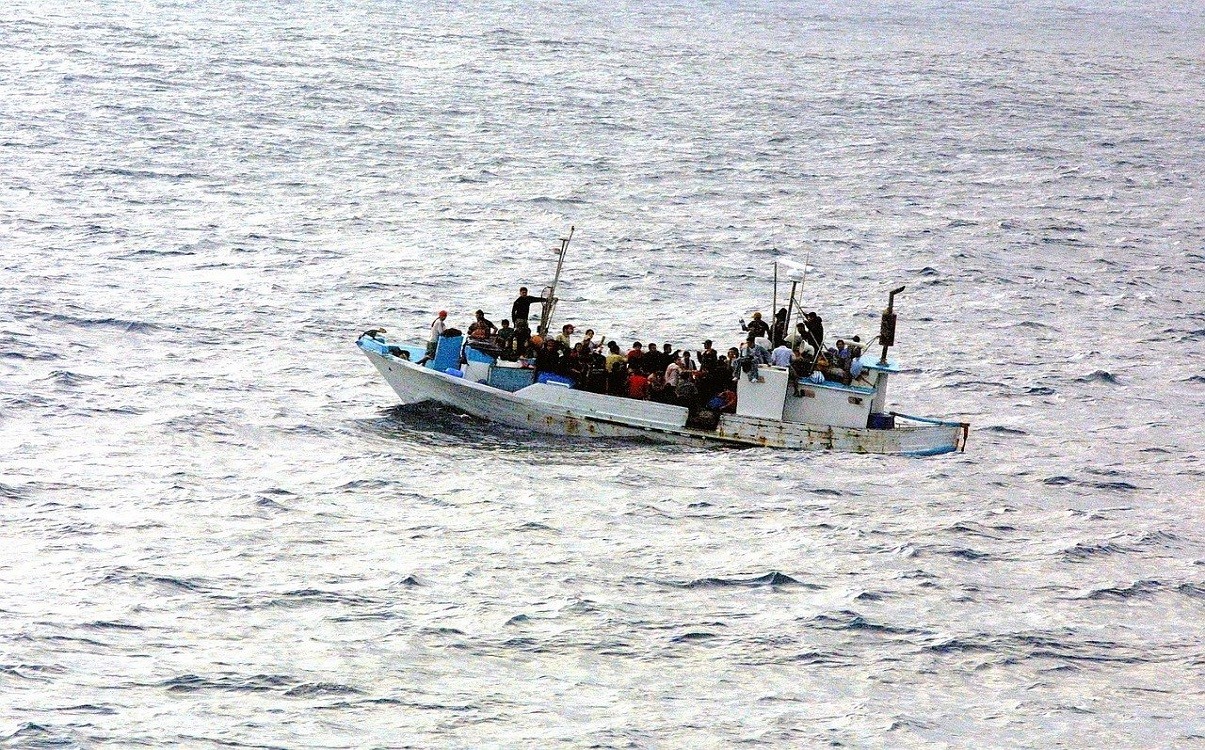
“Away from home and with varying accessibilities to essential services and social protection networks in host countries, refugees and internally displaced people are among those most at risk,” said Triggs.
“COVID-19-related impacts ranging from movement restrictions to the closure or reduced availability of essential help and support services may confine many victims, limiting their ability to escape or seek help.”
Ongoing conflict and displacement also continue to add to the risk of refugees resorting to desperate and dangerous journeys in search of safety, falling prey to criminal smuggling networks.
Joining the United Nations Office on Drugs and Crime in observing the World Day Against Trafficking in Persons today, UNHCR is urging more support for trafficking prevention and response efforts.
“We need to ramp up efforts to protect those at risk, provide support to victims and to ensure perpetrators are brought to justice,” said Triggs.
“Governments and humanitarian actors need to work together to ensure that programs to assist victims of trafficking are available and accessible to displaced people, and that victims of trafficking who may be in need of international protection are able to access asylum.”
Globally, UNHCR is engaged in trafficking prevention and response activities for refugee, displaced and stateless people.

